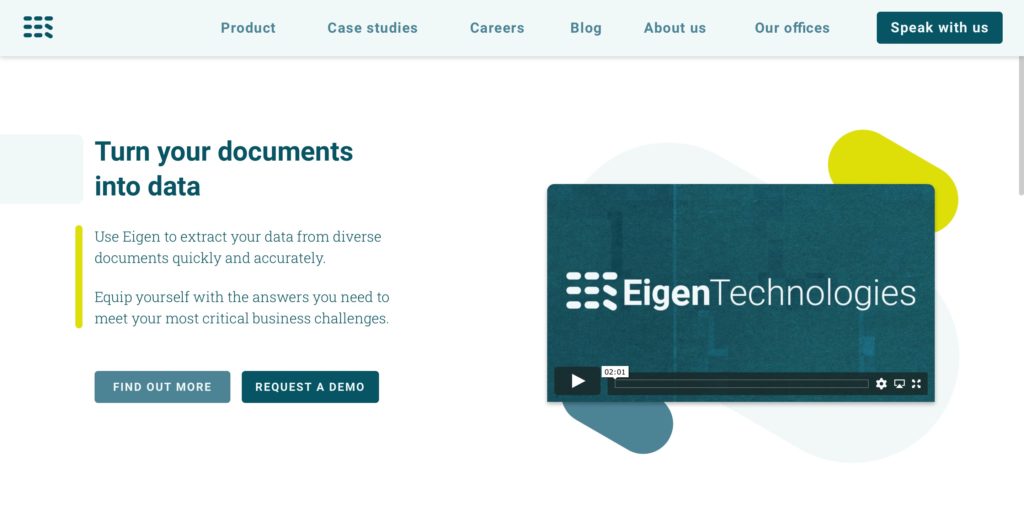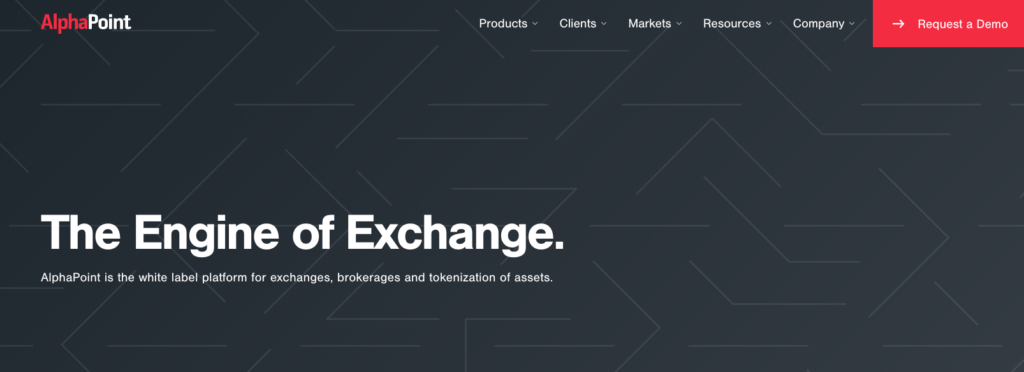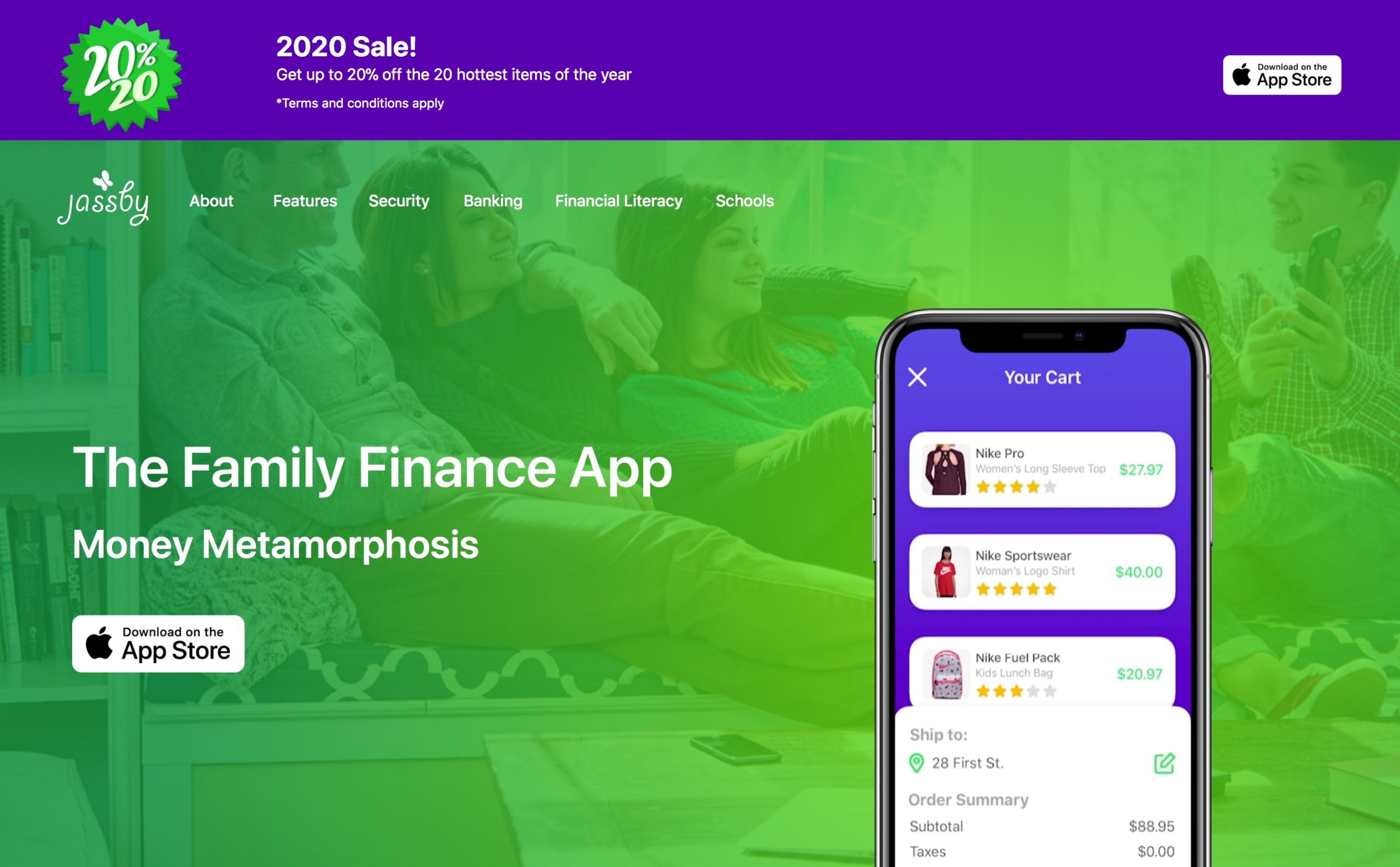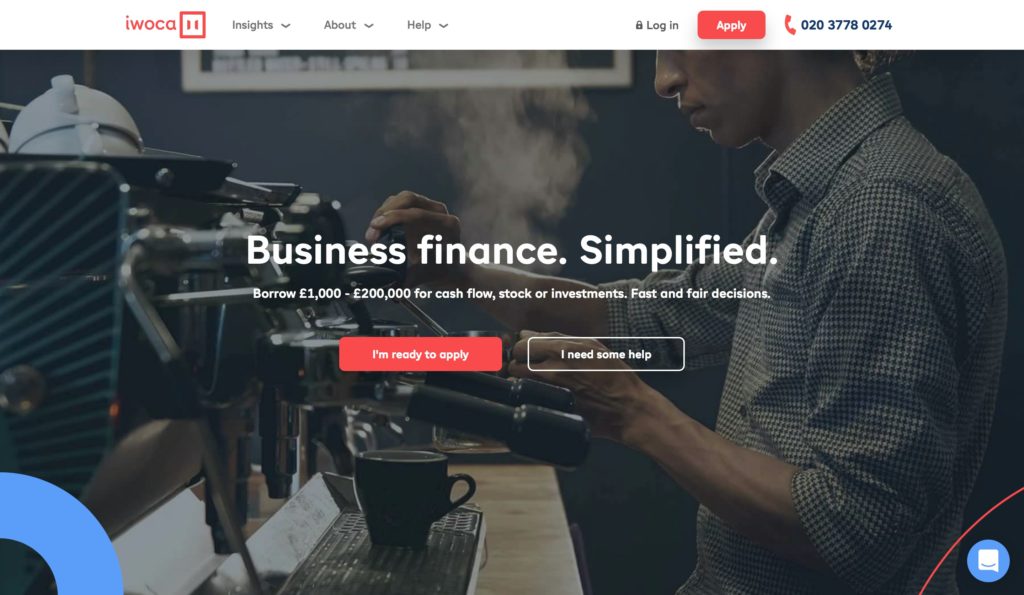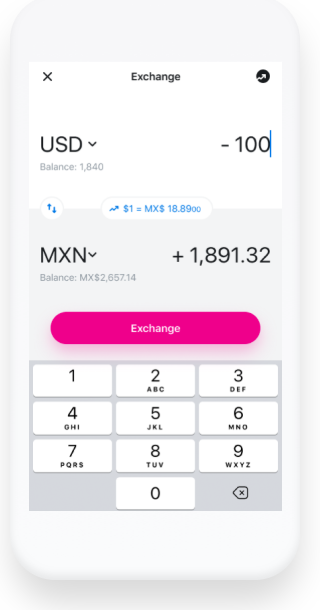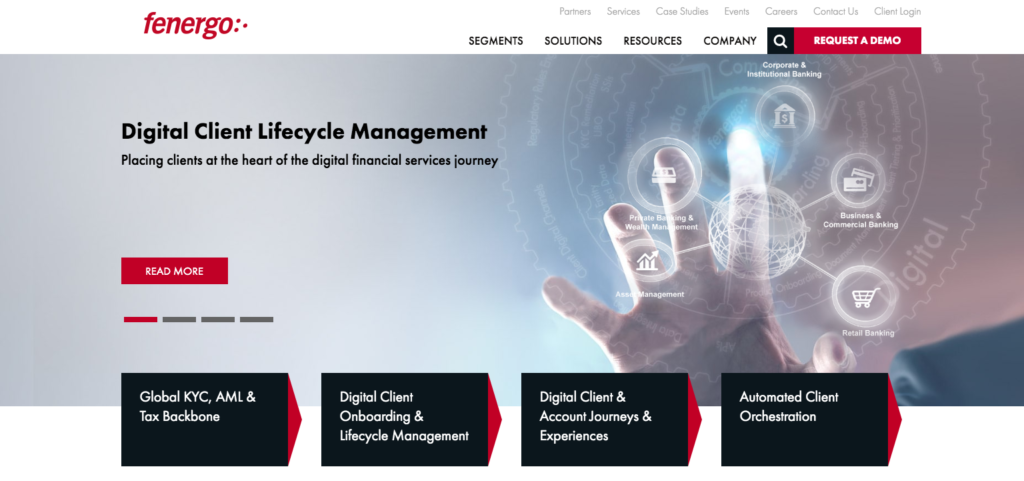
In a round led by Microsoft’s venture capital arm, M12, anti-fraud solutions provider – and FinovateSpring Best of Show winner –Arkose Labs has raised $22 million in Series B funding. The round, which takes the company’s total capital to more than $36 million, also featured participation from existing investors PayPal and USVP.
“Our platform takes a zero-tolerance approach to cyber-attacks and our team is committed to putting a stop to the global fraud epidemic,” Arkose Labs CEO and founder Kevin Gosschalk said. He praised both Microsoft and M12 for their recognition that the challenge of cybersecurity is to “eliminate fraud, rather than contain it.”
Global Head of M12 Nagraj Kashyap noted that Microsoft was no stranger to Arkose Labs’ work in fraud-fighting. “Multiple Microsoft businesses are already benefiting from this innovative technology,” he said. “With Arkose’s end-to-end anti-fraud platform, enterprises across the globe can better protect against fraud and abuse long-term.”
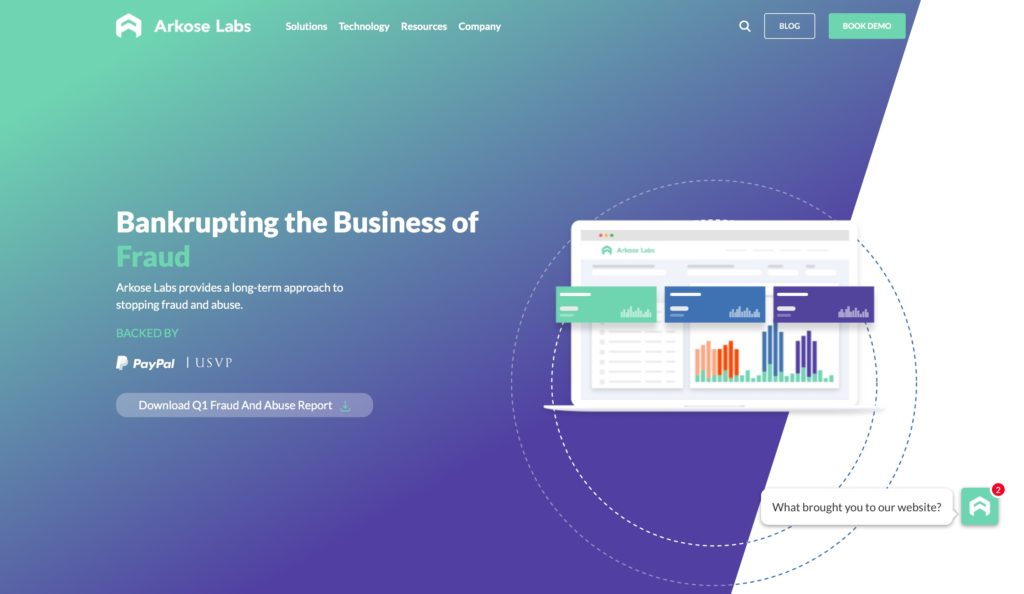
San Francisco, California-based Arkose Labs offers an authentication system that identifies the context, behavior, and reputation of requests, recognizing them as either authentic or inauthentic. Authentic requests are passed through, while inauthentic requests are remediated with a set of dynamic defenses. Requests that cannot be recognized are processed via a challenge-response mechanism until there is evidence of the request’s authenticity. This process also helps improve the platform’s real-time decisioning, reducing the number of false positives over time.
The platform helps defend against a variety of threats including ATO (account takeover), scraping, spam, gift card abuse, and other fraud. Microsoft Director of Identity Security Alex Weinert credited Arkose Labs for offering a cybersecurity solution that is as efficient as it is effective. “Arkose Labs’ technology is an important component of our multi-pronged approach to minimize fraud without negatively impacting legitimate customers,” he said.
Arkose Labs said that the funding will help drive platform development and fuel global expansion, as well as enable the firm to add talent. The investment comes in the wake of the firm’s near doubling of its customer base and the introduction of a number of platform enhancements. These additions include new functionality for Arkose Detect, the platform’s dynamic risk engine, and for Arkose Enforce, the platform’s adaptive step-up mechanism.
“2019 was a banner year, with our platform detecting and preventing $500 million fraud attacks over the last twelve months,” Gosschalk said in January, “saving our customers hundreds of millions in fraud losses and operational costs.”
Founded in 2015, Arkose Labs was recognized by CNBC in its 2019 Upstart 100 roster. The company’s VP of Marketing and Strategy, Vanita Pandey, and Senior Producer, Hedda Peters, won Women in Cybersecurity awards at Cyber Defense Magazine’s Cyber Defense Global Awards last fall.



